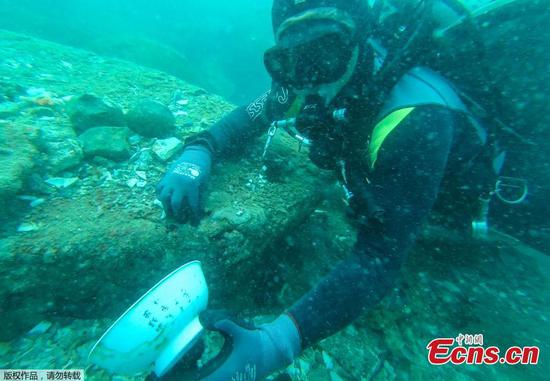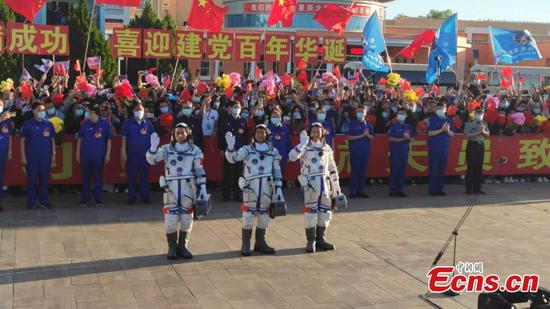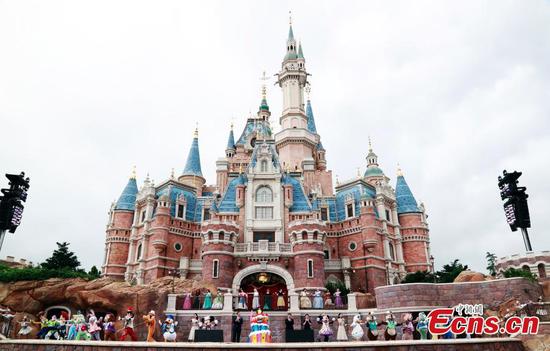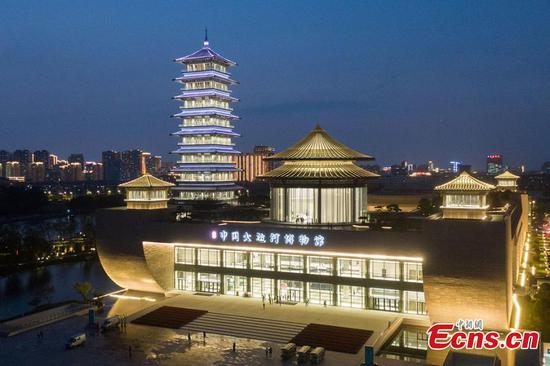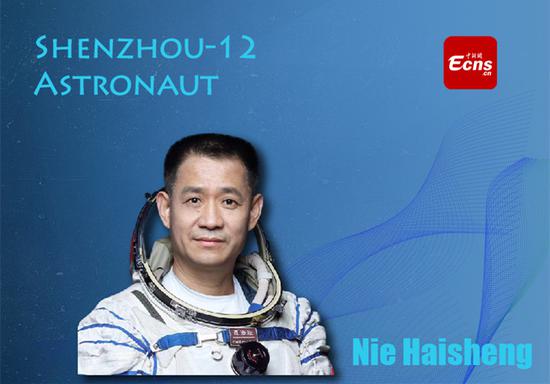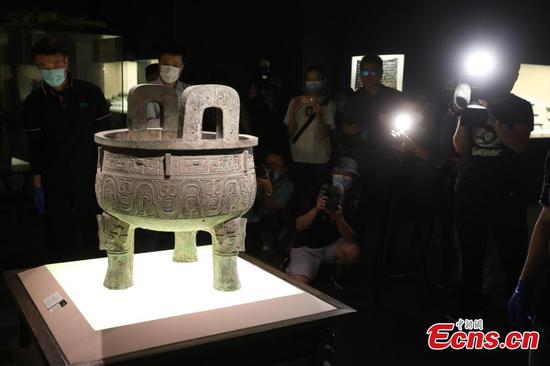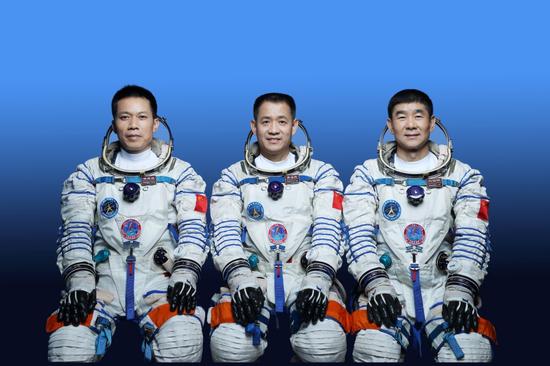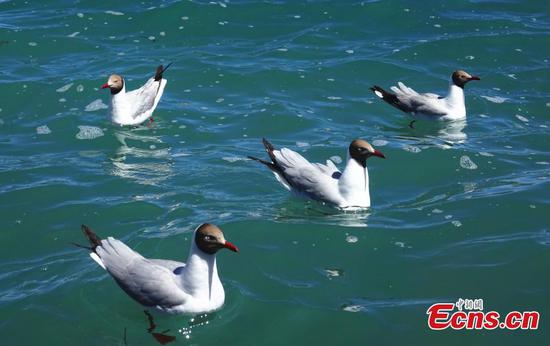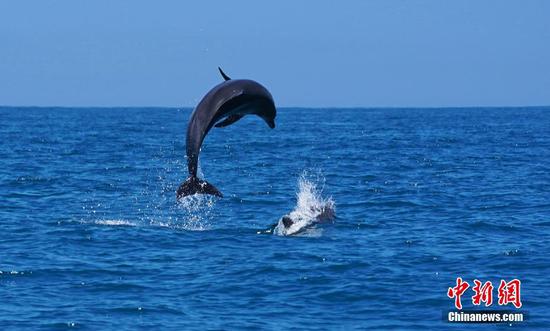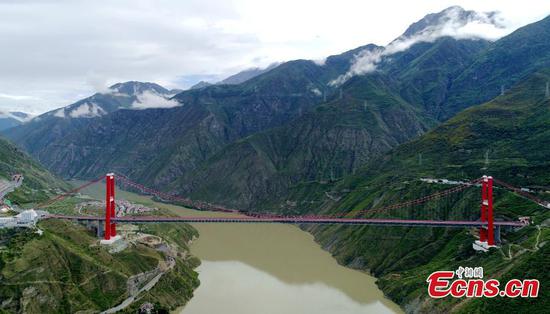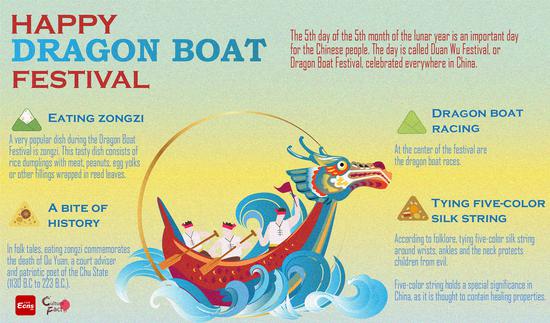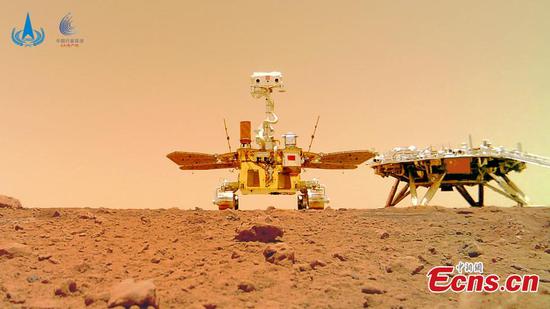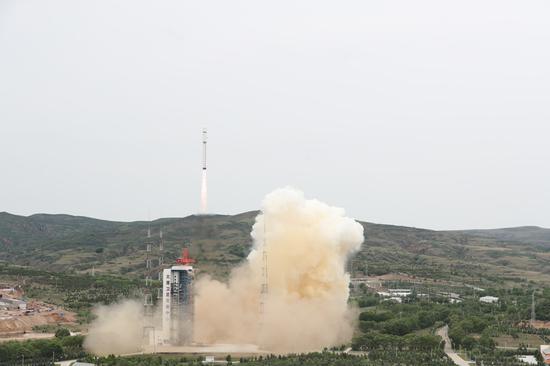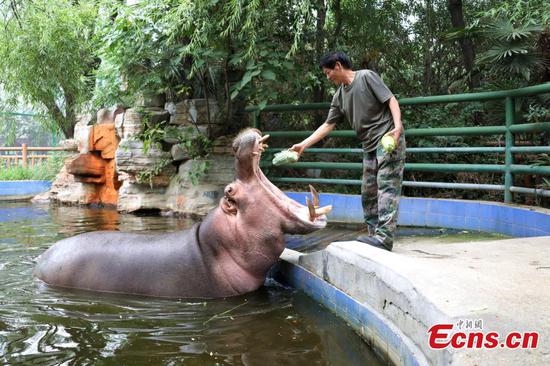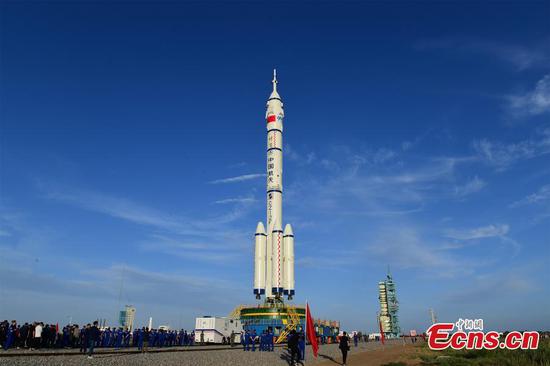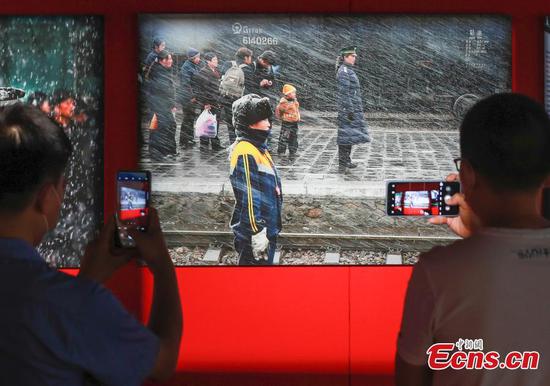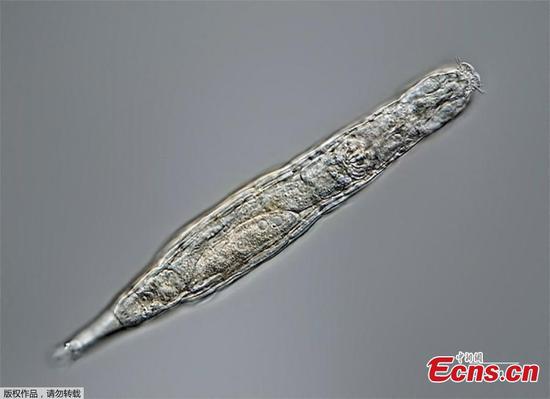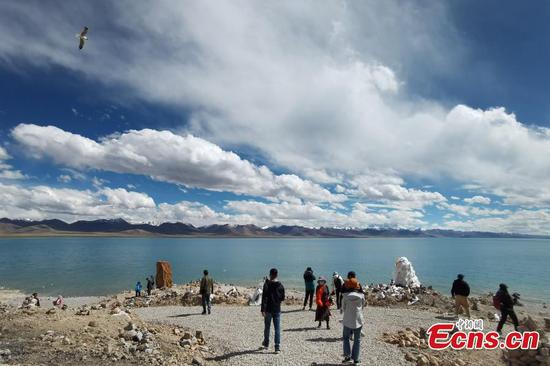U.S. President Joe Biden and his Russian counterpart Vladimir Putin had an hours-long summit on Wednesday at a lakeside villa in the Swiss city of Geneva, the two leaders' first face-to-face meeting since Biden took office in January and perhaps the most-watched part of Biden's European tour.
The summit came at a time when the international community largely agrees that the U.S.-Russia relations are at their lowest point in years, with the two sides deeply at odds over a list of things, ranging from alleged election interference and cyberattacks to human rights and regional conflicts.
At two solo press conferences, Putin described the summit as "constructive" while Biden said the tone of the meeting was "positive." Nevertheless, disagreement and differences still prevailed as the two leaders laid out their respective views on specific issues.
As widely predicted, the summit produced limited results, including a joint statement on strategic stability. Experts prefer to regard the meeting as an effort to prevent the confrontation from further escalation, not as a "reset" in bilateral relations.
LIMITED OUTCOME
Biden and Putin first had a smaller meeting lasting about 90 minutes and then an expanded meeting of more than an hour with five officials on each side. The two leaders then held separate press conferences, unlike three years ago when Biden's predecessor Donald Trump met journalists together with Putin following their summit.
At his press conference, which came before that of Biden, Putin said that their conversations were "constructive" and had "no hostility," with an "enabling" atmosphere, while calling Biden "a seasoned politician." Putin also said there were "glimpses of confidence and hope."
Reiterating that the United States and Russia must create a "stable" and "predictable" relationship, Biden, in his press conference that followed, described the tone of the meetings as "good, positive."
"There wasn't any strident action taken," he added.
The United States and Russia released a joint statement on strategic stability following the summit. The statement said that the two heads of state noted that the two countries "have demonstrated that, even in periods of tension, they are able to make progress on our shared goals of ensuring predictability in the strategic sphere, reducing the risk of armed conflicts and the threat of nuclear war."
"The recent extension of the New START Treaty exemplifies our commitment to nuclear arms control. Today, we reaffirm the principle that a nuclear war cannot be won and must never be fought," the statement said, adding that both countries will embark on an integrated bilateral Strategic Stability Dialogue in the near future.
Putin also told reporters that the U.S. and Russian ambassadors will return to their diplomatic posts and both countries will begin consultations on cybersecurity.
OBVIOUS DIVISIONS
At their respective press sessions, the two heads of the state clarified their stances, often sharply divided, on some specific issues, including Ukraine and human rights.
Putin said the concerns of the American side about the militarization of the Arctic region are "absolutely baseless" and defended Russia's military exercises in Crimea.
"The West believes that the Russian policy is unpredictable. Well, let me reciprocate. The U.S. withdrawal from the ABM (Anti-Ballistic Missile) Treaty in 2002 wasn't predictable," Putin said.
"I can say all the actions related to the deterioration of Russia-U.S. relationship were initiated by the U.S., not Russia. Congressmen are quite inventive, and I do not know what they will invent further on," Putin said, regarding the worsened bilateral ties since the last U.S.-Russia summit.
Biden, in his summary of the meeting, stressed "human rights is always going to be on the table."
"Where we have differences, I want President Putin to understand why I say what I say, and why I do what I do, and how we'll respond to different actions that harm America's interests. I told President Putin my agenda is not against Russia or anybody else. It's for the American people," Biden noted.
When asked if he trusts Putin, Biden said, "This is not about trust. It's about self-interest and verification of self-interest."
Biden said the two sides discussed in detail arms control and cybersecurity and also exchanged concerns about "more challenging" areas like Ukraine and Belarus. Other issues covered during the meeting included Syria and the COVID-19 pandemic, according to the two leaders.
NO RESET
Experts believed the face-to-face meeting was a positive sign, but did not mean a reset in bilateral ties.
Alexei Mukhin, director general of Russian think tank the Center for Political Information, told Xinhua on Wednesday that "a long game between Washington and Moscow has just begun."
"Both Russia and the United States have a rather inert policy, and we cannot make a sharp turn or even deviate from this chosen path," Mukhin said, adding that the meeting itself was nevertheless valuable as Russia and the United States demonstrated to the rest of the world that they can meet for dialogue.
Robert Legvold, a professor of political science at Columbia University, also believed there was "no reset in the relationship."
"I think it's a mutual objective, putting the relationship on a more predictable and stable basis. That's the language the Biden administration began with, but I think Moscow is embracing that," Legvold told Xinhua.
"The purposes of this summit are modest," Michael O'Hanlon, a senior fellow at the Brookings Institution, told Xinhua.
"I don't sense we have a full idea yet of our Russia strategy in this administration," O'Hanlon said.
Dmitry Suslov, deputy director of the Center for Comprehensive European and International Studies at the National Research University Higher School of Economics in Moscow, predicted that U.S.-Russian relations "will remain confrontational in the foreseeable future."
"The meeting is taking place because both the United States and Russia have come to the conclusion that further escalation of the confrontation is not profitable for them, and both sides are interested in stabilizing their relations," Suslov told Xinhua.
That process could be long, according to John Erath, senior policy director at the Center for Arms Control and Non-Proliferation in Washington D.C.
"Big achievements take time. They need years of very careful discussions among experts from both sides," Erath said during a virtual conference earlier this week. "But it's good if the leaders were to start the process, not even negotiations, but if the preliminary discussions that will lead to negotiations."
Speaking of future U.S.-Russia relations, Thomas Greminger, director of the Geneva Center for Security Policy, said, "I expect co-existence of dialogue and selective cooperation against the backdrop of a continued confrontation with explicit and implicit red lines to be identified in due course."










